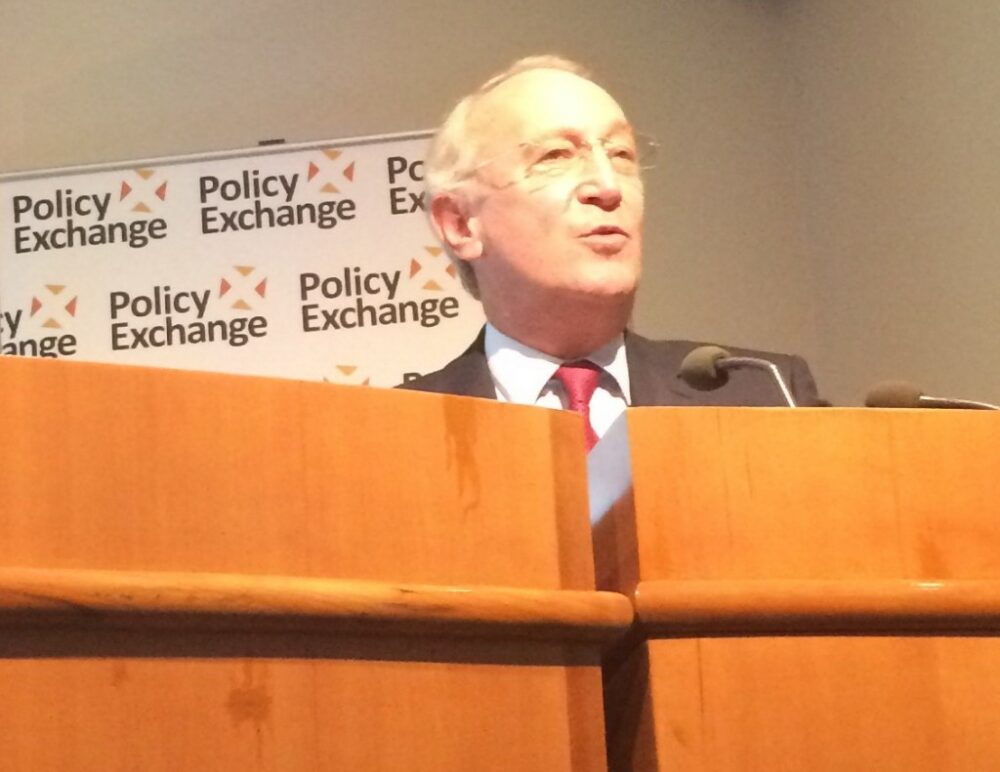Schools could get additional funding to train their teaching assistants up to degree level using a new apprenticeship route announced in the Conservative manifesto.
The party has pledged to ensure TAs are able to “become qualified teachers via a degree apprenticeship route”, a move which would give schools access to funding from the apprenticeship levy to train them up to level six, which is equivalent to a bachelor’s degree.
At present, the highest level a TA can reach through an apprenticeship is level three, equivalent to A-level, though training providers envisage a new route which would allow them to become an “advanced learning support practitioner” or similar.
However, there is confusion over whether those who complete the new route, but who do not already have a university degree, will be allowed to progress onto a new, separate higher-level teaching apprenticeship with qualified teacher status that’s still being planned by ministers and school leaders.
It’s about bridging that gap, so TAs don’t get stuck at level three
According to National Schools Training, an apprenticeship provider for schools in England which is involved in developing the new teaching standard, training providers are looking for ways to “bridge the gap” between TAs and the apprenticeship.
Its director Lee Povah envisages a route similar to new chartered manager degree apprenticeships developed by the Institute of Leadership and Management and the Chartered Management Institute, which give apprentices a level six qualification, accredited by the University of Chester, after four years of part-time study.
He says the graduate-only nature of the teaching profession could still be preserved because, as with the chartered management course, much of the content studied by TAs would be the same as that offered to a student on a BA education course, and would be signed off by a university.
Povah told Schools Week that it would still be “absolutely key” that the message was that qualified teachers had to have a degree, and said the challenge for training providers was to create an apprenticeship standard that would “allow somebody to get a degree while working as a TA”.
“It’s about bridging that gap, so TAs don’t get stuck at level three, and can aspire to be accepted onto the teaching apprenticeship standard,” he said.
However, Sir Andrew Carter (pictured), a representative of the Teaching Schools Council who advises the government on teacher training, insisted that non-graduate TAs would still need a “formal degree” to access the teaching apprenticeship, and that another qualification, even one equivalent to a degree, would not suffice.
“My understanding is very clear, and I think quite rightly, we have taken a long time to get to a degree-standard profession, and having got there, you don’t want to reduce in any way the academic skills of the people getting into the profession,” he told Schools Week.
The Conservative Party did not respond to questions at the time of going to print.








Current ITT criteria states:
Legislation requires all entrants to teaching in England to have a UK first degree or equivalent qualification. Any equivalent qualification must be one single qualification, not an aggregation of a number of separate qualifications. Those on undergraduate ITT programmes will, if successful, graduate and meet the standards for the award of qualified teacher status (QTS) at the same time. Those entering graduate ITT programmes need to have attained a degree before they commence the programme.
So unless we have a change of legislation it will be always be a degree-standard profession, and we mess with this at our peril.